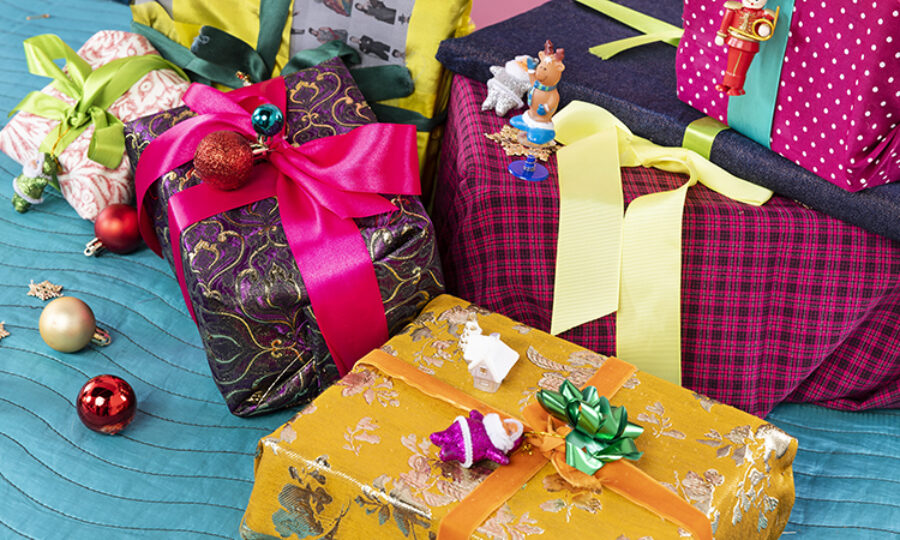Christmas unwrapped

Matthew Homer and Janice Grant of Islington Council’s recycling team share their tips and tricks for a climate-friendly Christmas
- When it is coming up to its use-by date, put food in the freezer as it slows down the clock. Don’t forget to put a date on the top when you put it in the freezer to keep track of things.
- Have a pact with friends and family on a maximum spend for each other. Don’t cheat because it’s hard – you’ll regret it later!
- If you have a large family, put everybody’s name into a hat and take it in turns to draw from it – then only buy that person a gift. It can be a secret or not. That way you are not tempted to buy gifts and plastic toys that end up in the incinerator by Easter (or Boxing Day).
- Reduce waste by giving the gift of time: a family get-together, or a promise to weed the garden. Best to put a “will be completed by…” on that one! Alternatively, why not pay for a tree to be planted on a loved one’s behalf?
- Only buy wrapping paper that you can recycle or reuse afterwards. Scrunch paper up into a ball and those that stay scrunched up can be recycled. Save ribbons for reuse.
- Use OLIO, the free sharing app, to give away any food or gifts you can’t use to your neighbours and help stop wastage.
- Consider an artificial Christmas tree that you can reuse for years to come. If you must have a real tree (the smell of pine is gorgeous!), make sure you know the council’s arrangements for composting and where you need to place your tree for collection.
- Buy unpackaged veg where you can, that way you only cook enough for the people who will eat them. I love brussels sprouts for example, but they are not a family favourite! It saves on plastic packaging, too: look for a paper bag to weigh them in rather than plastic.
- Stay away from false offers. Buy one get one free (BOGOF) often means buy one, throw one away.
- Make sure you have extra recycling and compostable bags in at Christmas. That way you don’t risk anything going to waste that could have been recycled.
